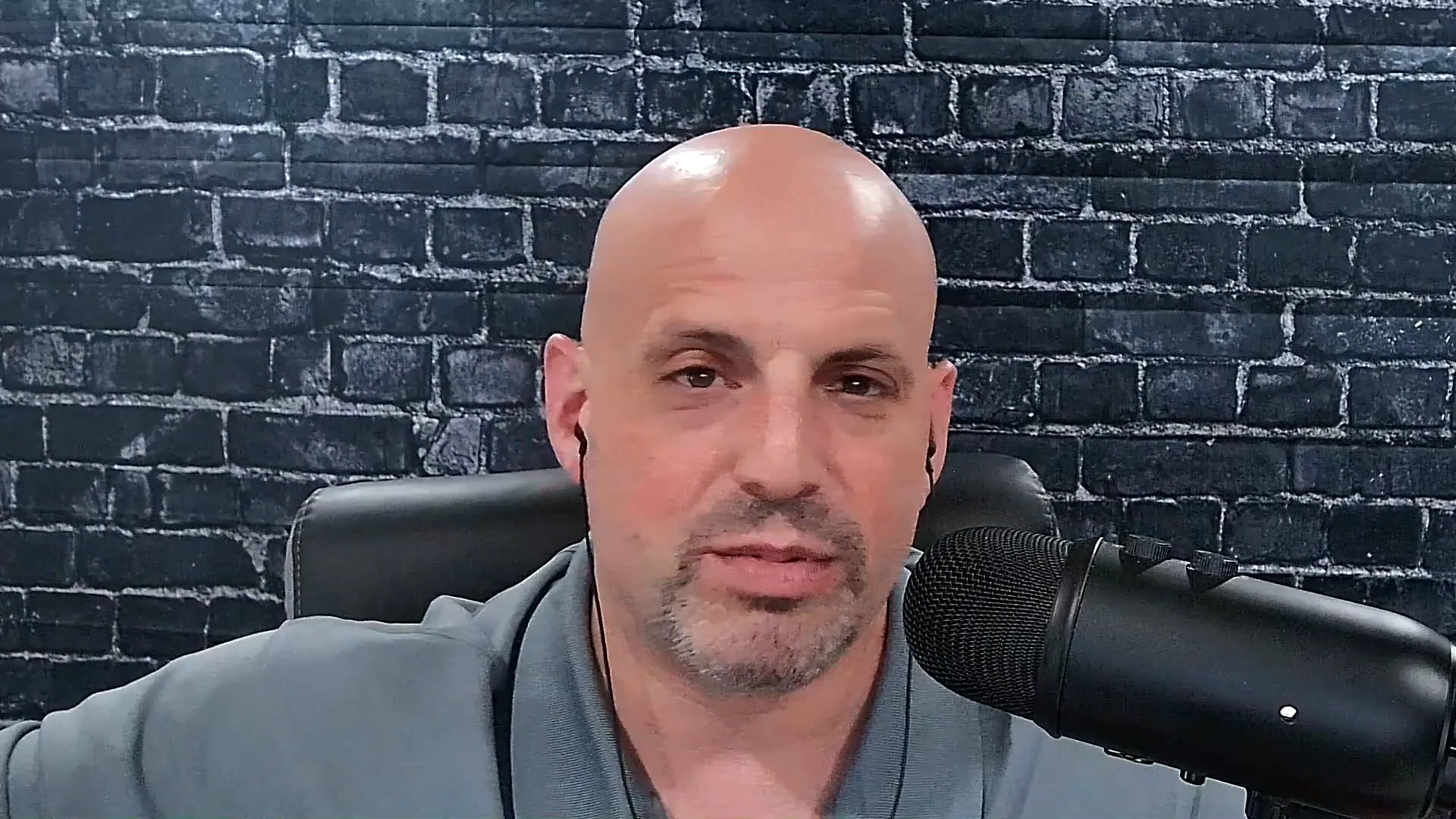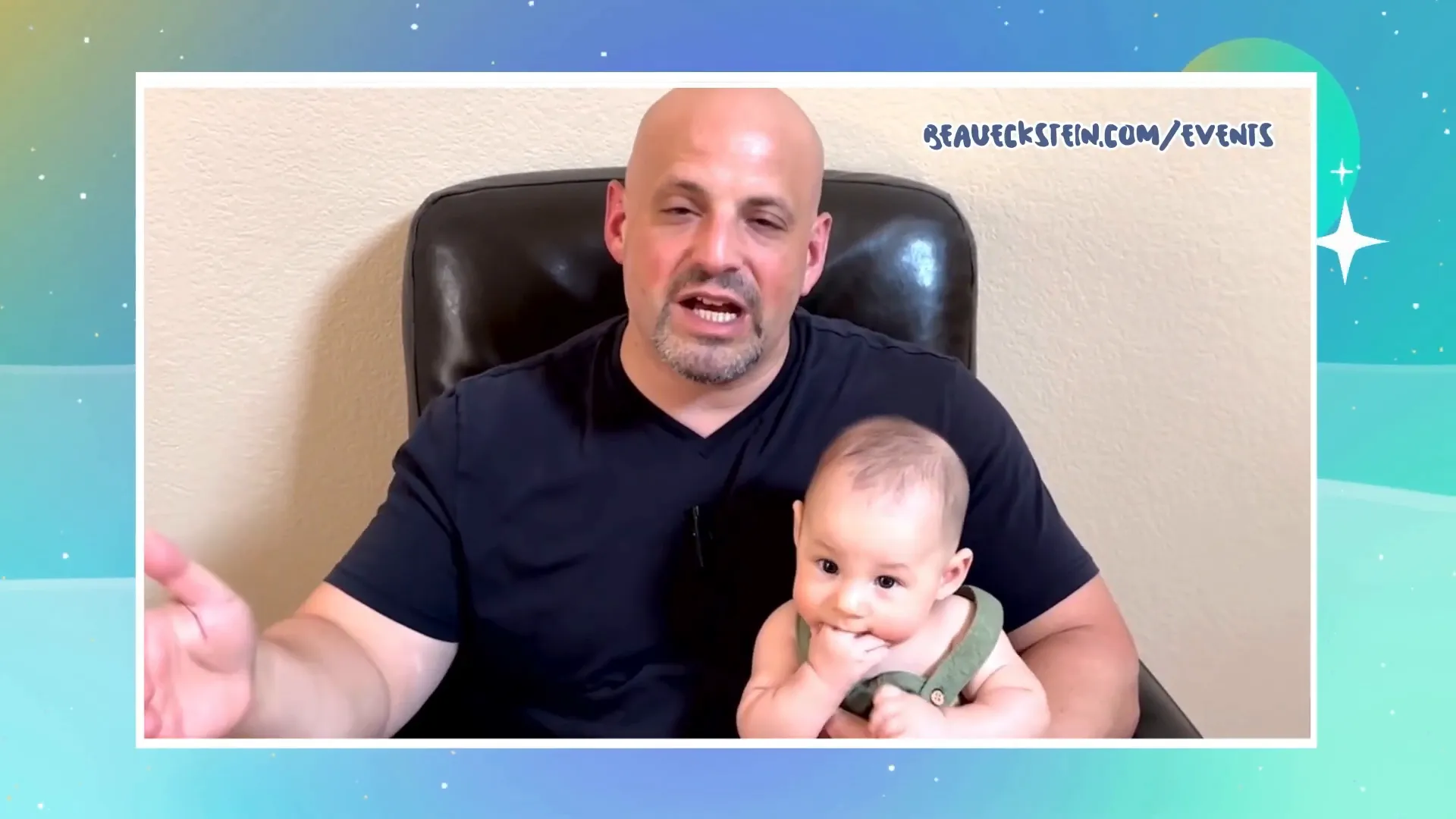Hi, I’m Beau Eckstein — Business Ownership Coach | Investor Financing Podcast host — and in this post I’ll walk you through how to decide between an SBA 504 loan and an SBA 7(a) loan when you’re buying commercial real estate. As the Business Ownership Coach | Investor Financing Podcast creator, I break down the practical differences, the common scenarios where one product outshines the other, and how to get the right financing structure for your deal.
Photo by Afif Ramdhasuma on Unsplash
Choosing the right SBA product can make or break a project. If you want to retain capital, add value, or build a long-term legacy for your family, you need to know which loan fits your timeline, project type, and cash-flow needs. As the Business Ownership Coach | Investor Financing Podcast, I often say there are a lot of moving parts — but with the right framework you can pick the option that aligns with your goals.
Key differences: SBA 504 vs. SBA 7(a)

At a high level, here’s how the two programs differ:
- SBA 504 — Designed for owner-occupied commercial real estate and long-term fixed assets. Typically involves a bank loan, a Certified Development Company (CDC) loan (backed by the SBA), and a small borrower down payment. Excellent for low, long-term rates and large real estate purchases where the primary intent is to own the asset.
- SBA 7(a) — More flexible. It can be used for real estate purchases, refinancing, working capital, equipment, and even acquisition of a business. If you need working capital or are planning significant value-add construction, 7(a) often makes sense.
There isn’t a single right answer — the choice depends on the project, how long you’ll own the asset, the type of property, and your financial strength as a borrower.
When SBA 504 is usually the better fit

SBA 504 is commonly best when:
- You’re buying owner-occupied real estate and plan to stay long-term.
- Your primary need is long-term, fixed-rate financing for real estate or major equipment.
- You want lower down payment requirements for a real estate-heavy purchase.
Keep in mind that SBA 504 has a dual underwriting process — the CDC underwriting plus bank underwriting — which can be a bit more complex than a single 7(a) approval. That means if your deal is “weak” on reserves or credit strength, getting 504 approved might be harder. If the property is special purpose (built for a unique business use) or you’re tight on liquidity, ask whether the extra layer of underwriting creates friction.
When SBA 7(a) is the better choice

SBA 7(a) shines when you need flexibility. That includes:
- Value-add projects or construction where you’ll increase the business value substantially and might later refinance into a conventional product.
- Working capital needs alongside your real estate purchase — if you plan to invest cash to grow the business, 7(a) can roll working capital into the loan.
- Special circumstances where the borrower has limited eligibility for certain SBA 504 structures or when speed and underwriting simplicity matter.
“If you're planning on doing a value add and/or you need a lot of working capital, the 7(a) might be a better option.”
Because 7(a) has broader allowable uses, it’s often more forgiving for deals that require construction, renovations, or additional operating capital.
Factors to weigh for every deal

When choosing between SBA 504 and 7(a), evaluate these variables:
- How long will you be in the project? Shorter holding periods can favor 7(a) if you intend to refinance quickly.
- What is the project type? Is it owner-occupied, special purpose, or mixed-use?
- How strong is your financial profile — reserves, credit, and cash flow? Two-step underwriting (as in 504) can be tougher on weaker profiles.
- Do you need working capital rolled into the loan or just real estate financing?
- Have you used up SBA eligibility? There are lifetime caps on some SBA programs — plan around eligibility limits and product availability.
How SBA loan brokers and advisors can help

One of the biggest advantages I recommend is working with an SBA loan broker or advisor. We do three important things:
- Assess which product fits your specific goals (504 vs 7(a) or a hybrid approach).
- Show you what pricing might look like after an initial discovery call — many brokers can provide options without charging you directly.
- Navigate underwriting nuances, lender relationships, and timelines so you can close with confidence.
In many cases, our services are free to the borrower because brokers receive a referral or placement fee from lenders. That makes it low-risk to get an objective comparison and a recommended path forward.
Refinancing, eligibility limits, and green loan options

Some strategic considerations beyond the initial choice:
- Refinancing into conventional financing later: If you plan to refinance once the asset is stabilized and the value has increased, 7(a) can be appealing because it allows for flexibility during the value-add phase and then you can switch to conventional permanent financing.
- Eligibility limits: SBA programs can have caps. For example, cumulative SBA exposure or program-specific limits may influence whether you use up your eligibility on a 504 loan versus a 7(a). Make sure you understand your long-term eligibility.
- Green loans: There are SBA 504 “Green” loan options that incentivize energy-efficient or environmentally friendly construction and retrofits. If your project has a sustainability component, ask whether a 504 Green product makes sense.
Practical checklist to decide quickly
Use this quick checklist when you’re evaluating a deal:
- Project horizon — How long will you own and operate the property?
- Primary need — Real estate only (favor 504) or real estate + working capital/construction (favor 7(a))?
- Borrower strength — Strong reserves and cash flow (can support 504); weak reserves may benefit from the flexibility of 7(a).
- Refinance plan — Do you intend to refinance into conventional debt in a few years?
- Sustainability goals — Is a 504 Green loan an option to reduce costs and access incentives?
- Eligibility — Check SBA program usage and lifetime limits before committing.
Real-world examples and scenario planning
Example scenarios to guide your decision:
- Owner-occupied manufacturing plant with long-term expansion plans: SBA 504 is a natural fit for low long-term rates and predictable debt service.
- Franchise purchase where you need capital for renovations and initial working capital: SBA 7(a) may be better because it can bundle working capital and fit the short-to-medium term growth plan.
- Value-add retail purchase with plans to renovate and reposition: Many borrowers use 7(a) during the renovation and then refinance with conventional financing once stabilized.
Next steps — How I can help you choose

If you want help deciding between SBA 504 and SBA 7(a), book a discovery call with me at http://bookwithbeau.com/. As the Business Ownership Coach | Investor Financing Podcast host, I offer free initial assessments and will walk you through pricing scenarios and lender options after a quick discovery session.
We also run a Business Ownership Summit and regular events where we teach business ownership, SBA financing, and tax strategies. You can find events at businessownershipacademy.com and on our events page. While I’m not a CPA or an attorney, we bring CPAs and tax experts into the sessions so you get practical, actionable guidance.
Remember: There are a lot of variables — project type, timeline, borrower strength, construction scope, and eligibility caps. The right choice depends on your unique situation, and working with an experienced advisor or SBA loan broker can save you time and money.
Final thoughts

To wrap up, consider the following one-sentence summary: If you need long-term, owner-occupied real estate financing and low fixed rates, the SBA 504 is often best; if you need flexibility, working capital, or are doing significant value-add construction, the SBA 7(a) is likely the better tool.
If you’d like to discuss your specific deal, book a call at http://bookwithbeau.com/. As your Business Ownership Coach | Investor Financing Podcast host, I’m happy to walk through your options and help you pick the right path for building wealth and legacy through business ownership.

